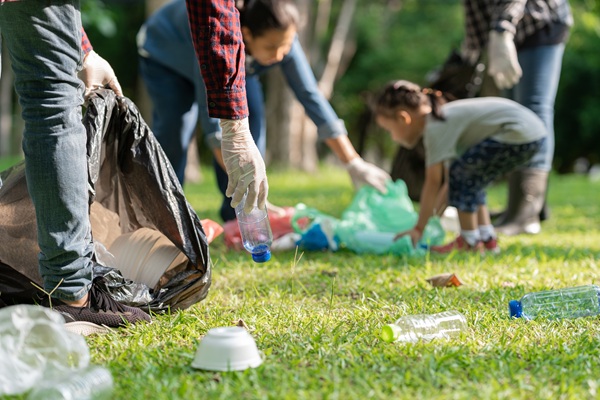Engaging pupils in sustainability through community collaboration

In our survey on sustainability, 38% of respondents indicated that their schools have partnerships with local environmental organisations or businesses, and 19% replied that a lack of these partnerships affects teaching sustainability in schools.
The types of partner organisations can differ greatly, depending on a school’s context and resources. However, benefits can be seen in three areas as indicated below.
- Educational – community-based learning can enrich teaching, for example through field trips or having guest speakers visit the school. Hands-on learning experiences in their local area help pupils better understand environmental issues.
- Social – increased communication, collaboration skills and community engagement are important outcomes of sustainability partnerships. They also improve pupil wellbeing, intergenerational understanding and collective knowledge sharing.
- Environment – partnerships can support circular economies, the protection and improvement of local nature areas and green spaces, and foster an understanding of the importance of protecting and preserving the environment.
On the other hand, schools must be cautious of some challenges – including greenwashing, limited teacher numbers and pressure on resources – that can undermine sustainability initiatives. Above all, schools must ensure that all collaborators share the same objectives.
A 2024 Eurydice study on Learning for sustainability in Europe found that 18 (out of 39) European education systems provide some form of support for schools to work with organisations in their local or wider community. The most commonly supported type of cooperation is with NGOs and public authorities; projects that involve engagement with parents and families have less support.
Programmes and projects that foster school-community partnership
The Eco-Schools programme promotes hands-on, participatory learning experiences that focus on real-world environmental issues. In one of the programme’s schools in Spain, a study on local contamination took pupils to the local water treatment plant to seek information from local authorities and they later distributed their findings to local business and homes.
Similarly, the Bavarian Climate school initiative emphasises the importance of local partnerships, including field trips, events and collaboration with local companies.
The EU-funded MOST project aims to improve science education by fostering partnerships between schools and communities. It has produced a manual for school-community projects that explains the five steps of a participatory project: invite, co-create, act, share and evaluate.
Additional information
-
Education type:School Education
-
Target audience:TeacherStudent TeacherHead Teacher / PrincipalTeacher EducatorGovernment staff / policy makerOther
-
Target audience ISCED:Primary education (ISCED 1)Lower secondary education (ISCED 2)Upper secondary education (ISCED 3)
